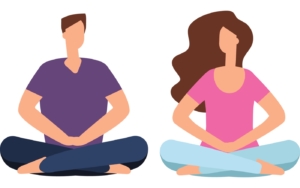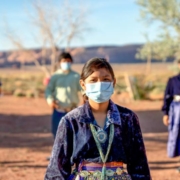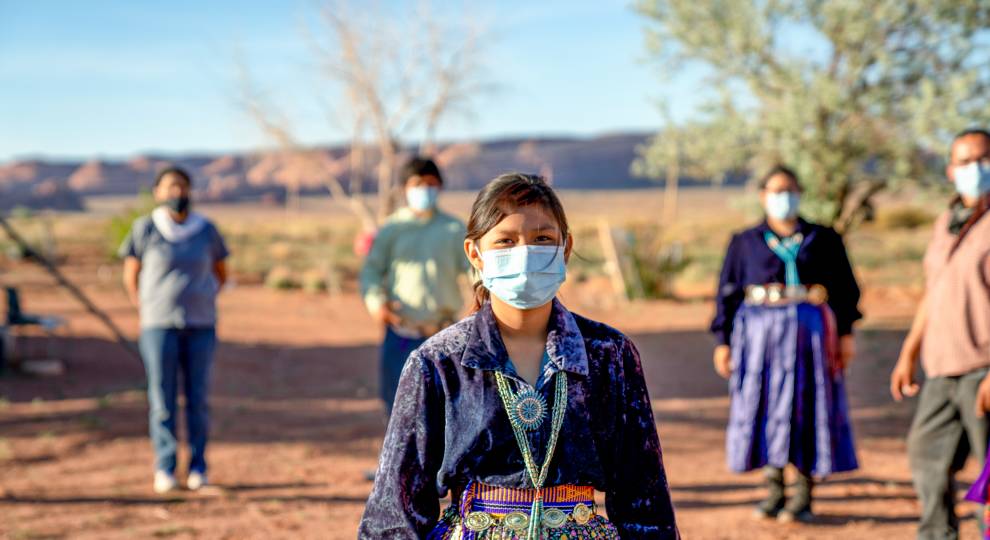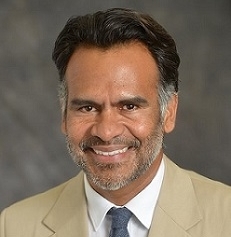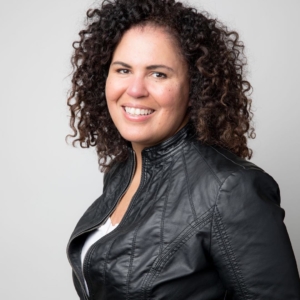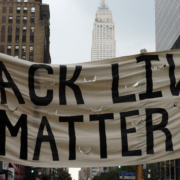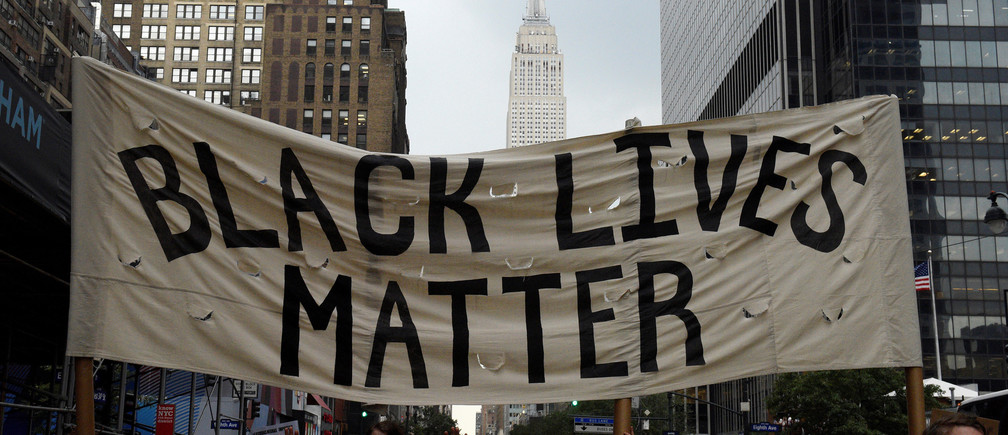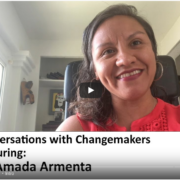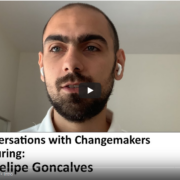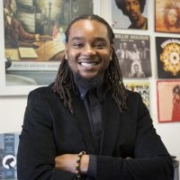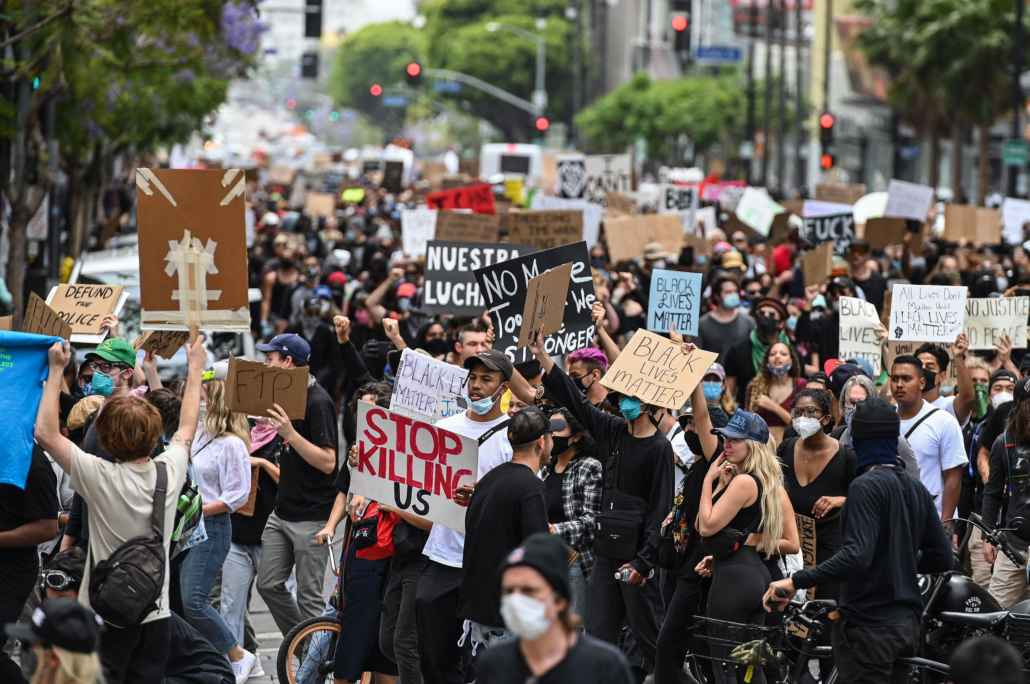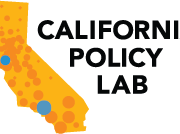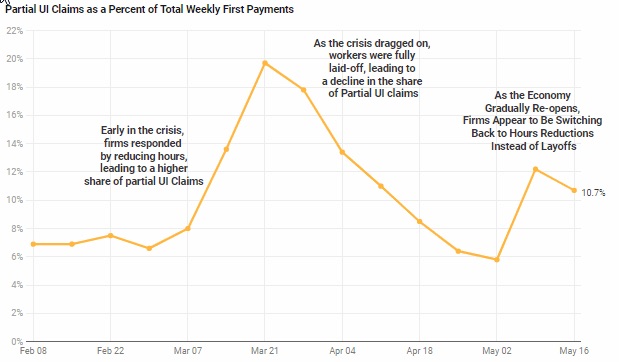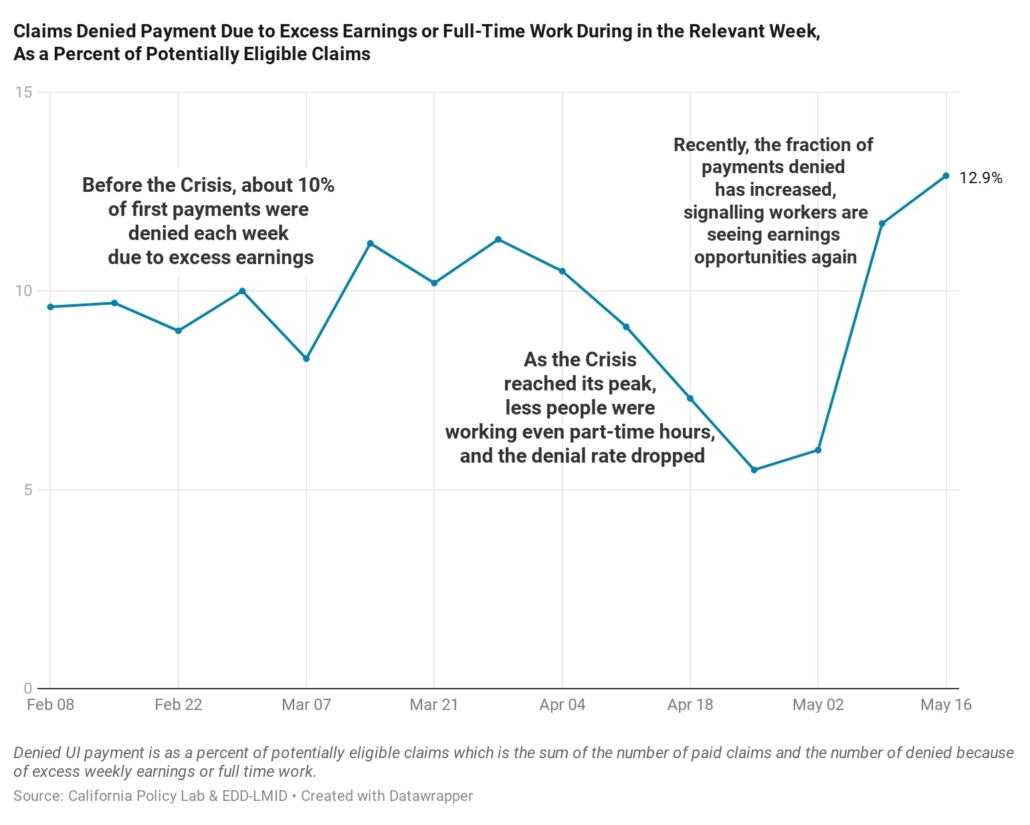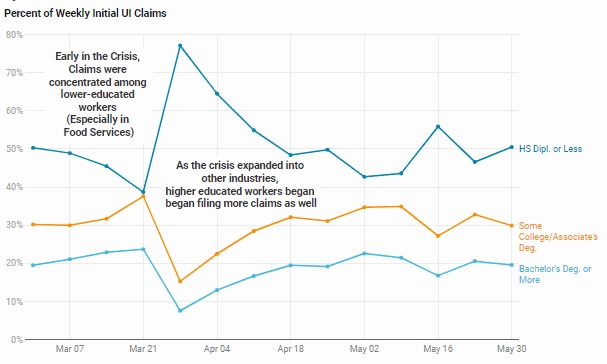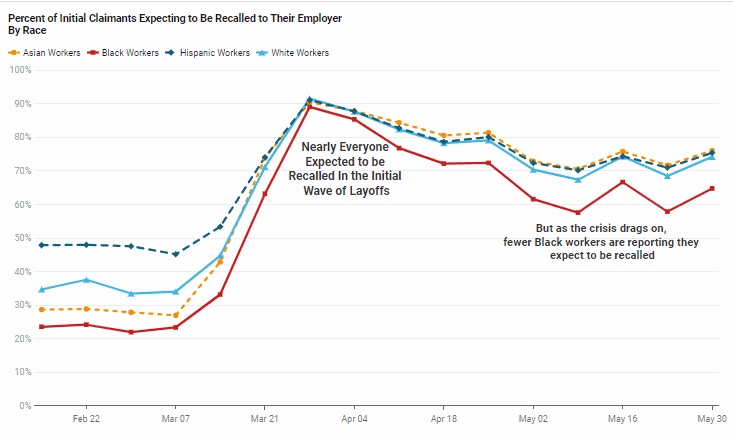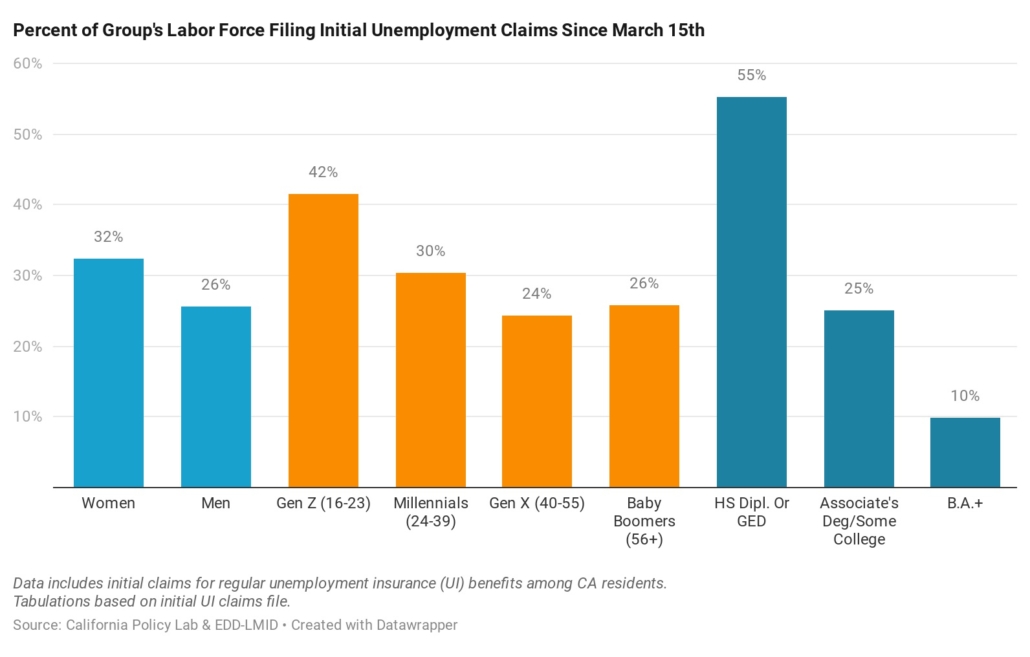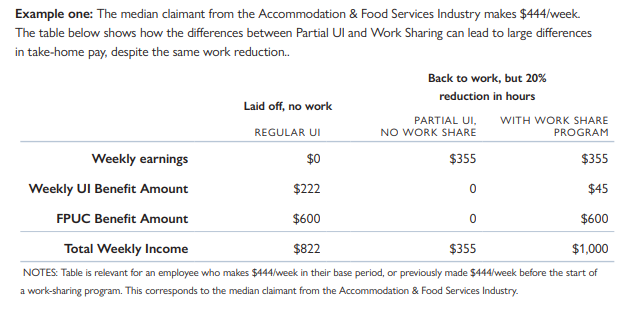UCLA Professors Akihiro Nishi and Michael Irwin and colleagues co-authored a paper that was published in Nature‘s Scientific Reports titled, “Mindfulness Meditation Activates Altruism,” on April 16, 2020. Dr. Nishi and Dr. Irwin are affiliated with the Bedari Kindness Institute within the UCLA Division of Social Sciences. The paper finds that mindfulness meditation reduces anxiety, depression, and stress, and improves emotion regulation due to modulation of activity in neural substrates linked to the regulation of emotions and social preferences. The abstract is included below and the full paper can be found HERE.
Abstract
Clinical evidence suggests that mindfulness meditation reduces anxiety, depression, and stress, and improves emotion regulation due to modulation of activity in neural substrates linked to the regulation of emotions and social preferences. However, less was known about whether mindfulness meditation might alter pro-social behavior. Here we examined whether mindfulness meditation activates human altruism, a component of social cooperation. Using a simple donation game, which is a real-world version of the Dictator’s Game, we randomly assigned 326 subjects to a mindfulness meditation online session or control and measured their willingness to donate a portion of their payment for participation as a charitable donation. Subjects who underwent the meditation treatment donated at a 2.61 times higher rate than the control (p = 0.005), after controlling for socio-demographics. We also found a larger treatment effect of meditation among those who did not go to college (p < 0.001) and those who were under 25 years of age (p < 0.001), with both subject groups contributing virtually nothing in the control condition. Our results imply high context modularity of human altruism and the development of intervention approaches including mindfulness meditation to increase social cooperation, especially among subjects with low baseline willingness to contribute.

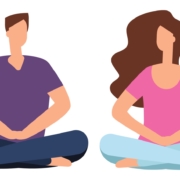 MicroOne/Adobe Stock
MicroOne/Adobe Stock